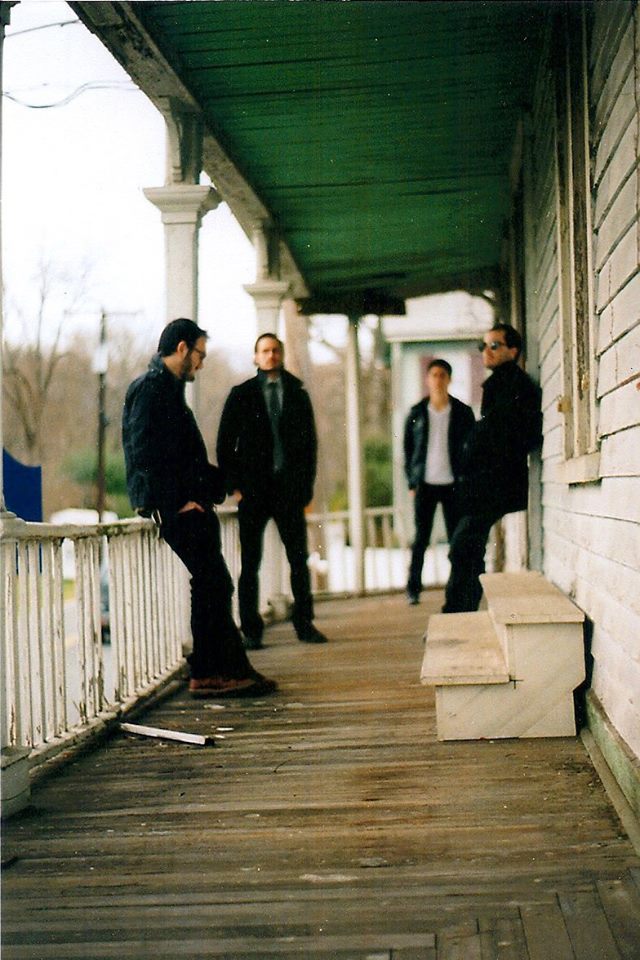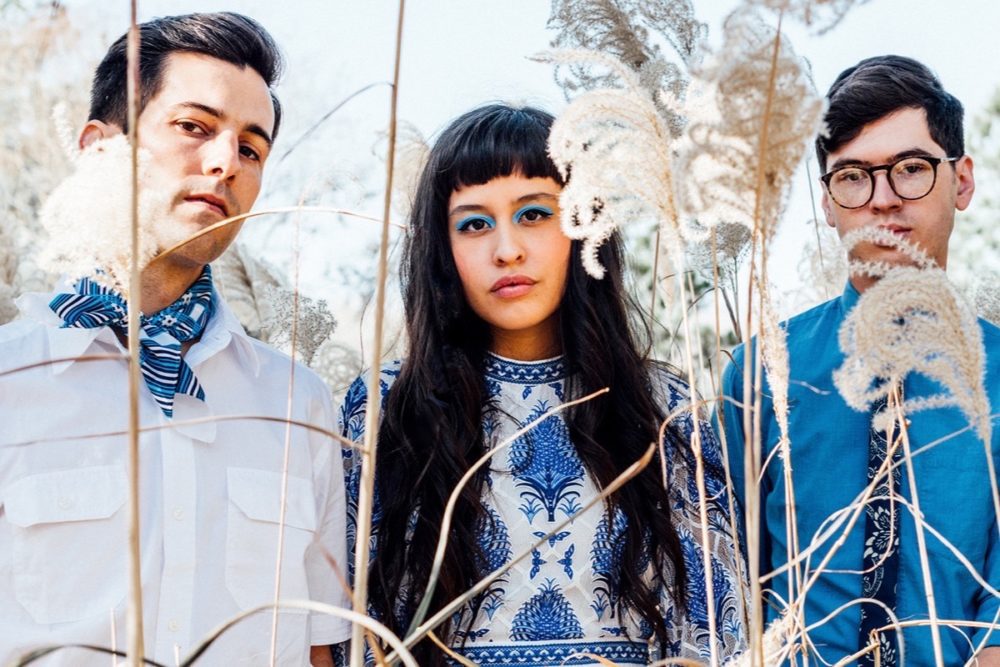

Part Sephardic and Ashkenazi Jew, New York-based singer, songwriter and fiddler Lily Henley has been a lifelong student of various rich Jewish diasporic traditions.
In particular, Henley has spent several years studying the Sephardic language, Ladino, an endangered language spoken by less than 100,000 people in the world today, and the Judeo-Spanish ballad tradition of Ladino-speaking Sephardic Jews.
On May 6th, Henley released ten adapted versions of her favorite Sephardic ballads on her new album Oras Dezaoradas, which she performs entirely in Ladino. The release show will take place on June 23 in Paris, where she is currently living and studying Ladino music on a Fulbright scholarship, though she plans to announce US dates soon as well.
A distinctive and often overlooked arm of the Spanish romance ballad or “romancero” tradition, and of the wider European tradition of balladry, Judeo-Spanish ballads involve epic, dramatic narratives sung to a tune. Growing up, Henley was exposed to some of these ballads—and always liked them.
“I actually did know some Ladino songs when I was a kid and I knew a lot about Sephardic history,” she tells Audiofemme, adding that her investigation of Sephardic Ballads in adulthood has been more about filling in gaps than discovering something she had never heard of.
Many Sephardic ballads deal with the suffering Sephardic people endured as a result of their exile from Spain by the Spanish Inquistion in the 15th century. As they relocated throughout North Africa and the Ottoman empire, Sephardic Jews kept their history and culture alive through ballads like these, which tell stories of everyday life, historical events, even hero’s journeys.
Growing up Jewish in many different Spanish-speaking parts of the U.S., Henley furthered her relationship with this traditional music, which exudes untouchable resilience and strength in the face of persecution, and honed her Ladino, which she says combines Spanish with Hebrew and several other languages.
“First we lived in the Southwest, so I lived in Arizona, New Mexico, and Colorado, and there’s so many Spanish speakers there, and… Spanish is kind of the root of Ladino so there’s a lot of crossover,” explains Henley. “There’s a lot of Hispanic people there and there was also when we lived in the Midwest, and we experienced a lot of anti-Semitism and I ended up feeling closer to [the] Central American farm workers [because] they were much more accepting of me than the mainstream white Christian community.”
As she came to relate with the ballads even more, and as she further challenged herself and her skills in American folk and Celtic traditions, she began to collect and study more Sephardic ballads. She even had the opportunity to travel and learn from some of the foremost experts in the field of Sephardic Balladry, including Marie-Christine Bornes Varol. In the process, Henley noticed something powerful and inspiring—Sephardic ballads often center strong, self-possessed women, a reoccurring theme that Henley draws out on Oras Dezaoradas.
Most of Oras Dezaoradas‘ bittersweet melodies—which Henley wrote largely based on her knowledge of American folk melodies and adapted to the Ladino narratives—tell stories still relevant to women’s experiences today, especially as Roe v. Wade sits on the chopping block. The upbeat, bouncy track, “Morena Me Yaman,” for instance, tells the story of a young woman who’s been tainted in the eyes of society for owning her sexuality.
“There are a lot of women’s songs [in this tradition] about how miserable and hard it is to be a woman,” she says. “Songs about love, heartbreak, even the really old ones, there’s always some kind of take on it that feels really applicable to the current moment.”
In this way, Henley dialogues with centuries of Sephardic women on Oras Dezoaradas, pushing the tradition—and their stories forward. Even so, Henley admits some have told her these ballads are too archaic, even “too Jewish” for broader appeal—which Henley says is exactly the reason why sharing these stories and songs is important.
“[Some] think Jewish is like, bagels and lox and New York accents or something—but this very deep, multi-faceted culture,” Henley points out.
Ultimately, recording and performing these songs is about reclaiming pieces of Henley’s own cultural identity lost over the centuries and highlighting how we can find fundamental similarity even in things that seem the farthest away from our experience.
“Beyond having a discussion of what is or is not ‘too Jewish,’ you don’t have to give up your own cultural connectivity or… background in order to connect with the wider world,” she says. “I feel like there’s this whole world of poetry and expression and melody and history [in these ballads] where we’re all connected. There’s all these interconnected stories and interconnected melodic feelings and I just want [those stories] to be more included and I want to bring this music to people that don’t even know who Jews are.”
Follow Lily Henley on Instagram and Facebook for ongoing updates.




